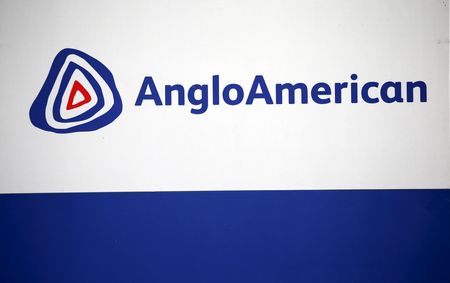FRANKFURT (Reuters) -Germany’s pipeline lobby group has proposed a new approach to gas storage, including a permanent national reserve, it said on Wednesday, in an effort to reduce the cost of building up an energy buffer ahead of the European winter.
Since the energy crisis linked to Russia’s invasion of Ukraine in 2022, European Union countries have turned to increased storage to protect against supply disruption.
How the practice is managed in Germany is resonant for the wider bloc as it is the continent’s biggest energy market and storage location and is reliant on imports.
The new Berlin federal government a month ago changed required filling levels for the coming winter in line with anticipated changes to European Union regulations that allow 80% filling by November 1 instead of 90% previously.
Fernleitungsnetzbetreiber Gas’ Managing Director Barbara Fischer said the regulatory change helped for the short term, but more was need for the longer term.
“We propose a model combining gas supply security with a greater inclusion and responsibility for market players,” she said, with reference to gas merchants and shippers on FNB’s transport pipeline networks.
The lobby group’s proposal involves setting up a permanent gas security reserve held underground, where Germany for example can store a quarter of its annual requirements.
That would relieve the pressure for seasonal filling targets that have in many cases obliged utilities to pay elevated prices as market participants knew they needed to buy.
In addition, the group is also proposing that shippers would be obliged to always hold or store sufficient volumes to serve at least their retail customers.
It said this would spread the need to back up orderbooks more evenly over the year and help to discourage any speculative spikes on the market.
(Reporting by Vera Eckert, editing by Barbara Lewis)









